Tesla boss Elon Musk has announced that the launch of the brand's Semi electric lorry will be delayed until 2020, citing an already strained battery supply for production of its range of EVs.
Speaking at the firm's annual shareholders meeting, Musk said Tesla would strive to ramp up battery production as quickly as possible, going so far as to suggest a venture into metal mining could be a possibility.
Despite the delay, customers are still able to reserve Semis. Existing customers include large companies such as Walmart, UPS and FedEx, but it is remains to be seen whether the delayed release will discourage further investment in the zero-emissions truck.
Such bottlenecks are no new phenomenon for Tesla; for example, Model 3 production was brought to a halt in early 2018 by worker shortages and software issues. The brand's fourth model, the Model Y, a Jaguar I-Pace rival, is due on the US market next year, with Musk aiming for an output of 2000 examples per week by September 2020.
The Semi will be capable of driving for up to 600 miles on a gingle charge, even when fully loaded, Musk has previously claimed.
His claim followed the boss of Daimler's lorry division, Martin Daum, suggesting that the Semi's statistics "defied the laws of physics".
The Semi with the 600-mile claimed range costs $180,000 (£132,720 at today's rate) in the US. A lower-spec variant with a 300-mile range will be priced from $150,000 (£110,565). Prices for diesel lorries in Britain start at about £85,000 by comparison.
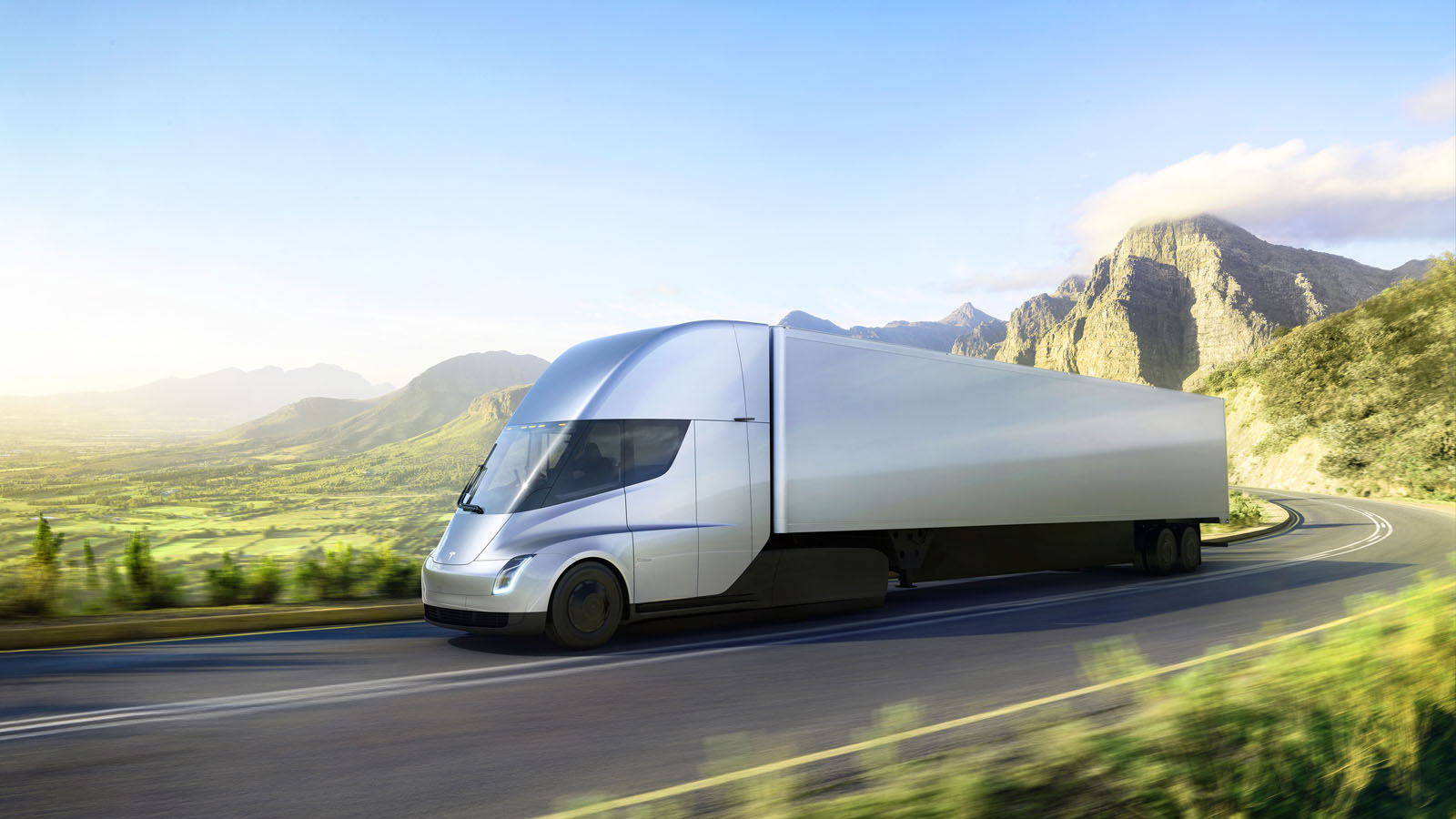
At the November 2017 event in Hawthorne, California, where Tesla also showed its new Roadster sports car, Musk said the Semi, which was previously referred to as the Tesla Truck, was capable of accelerating from 0-60mph in 5.0sec.

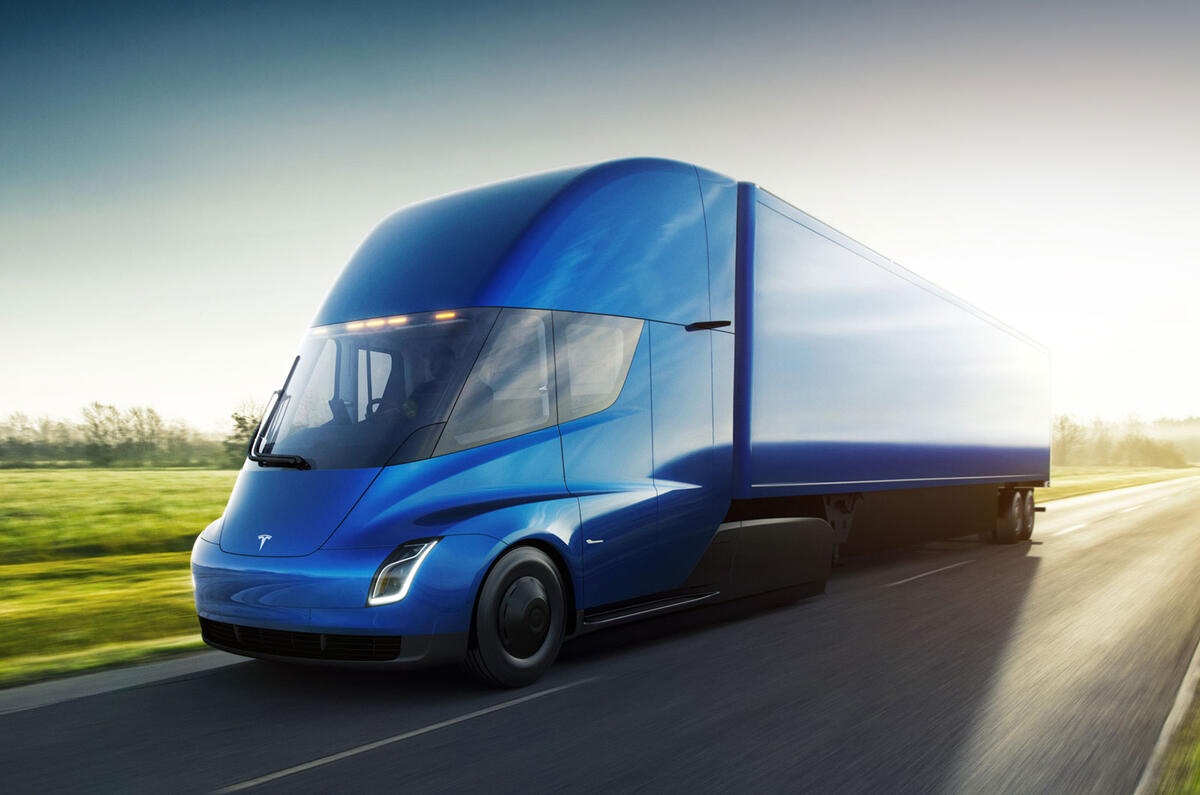
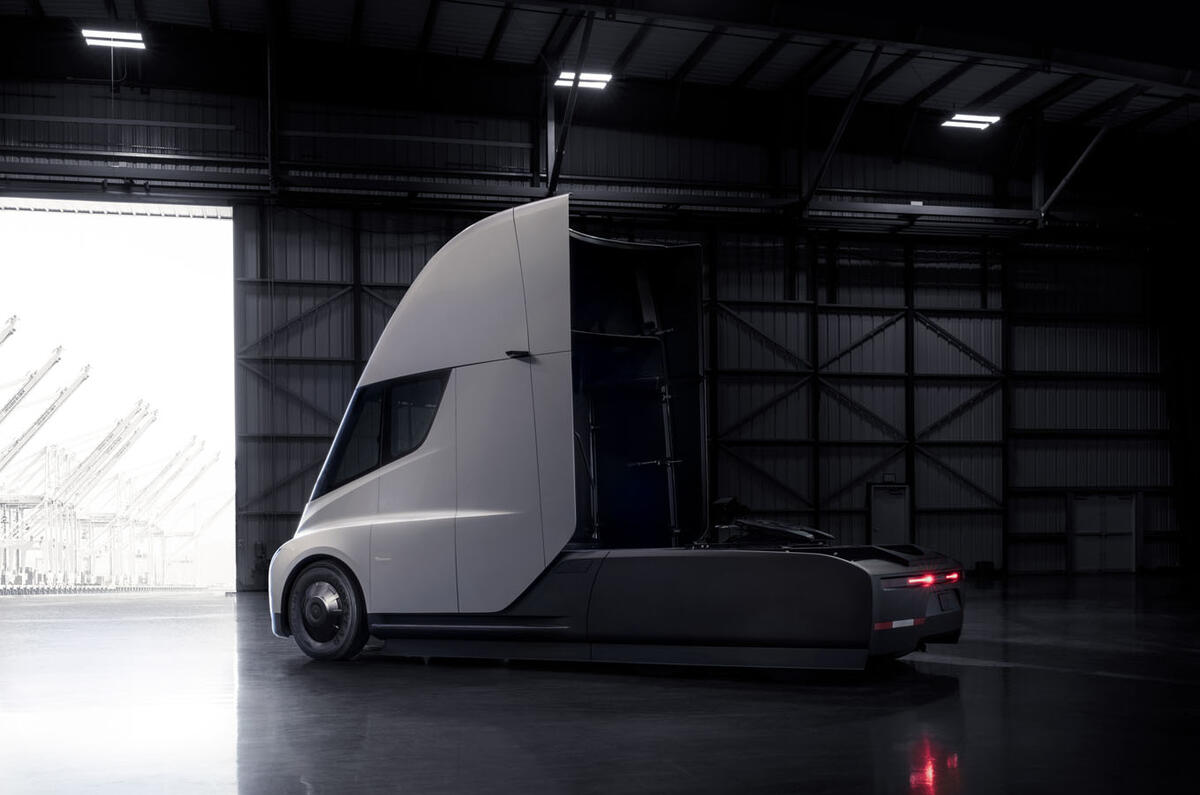

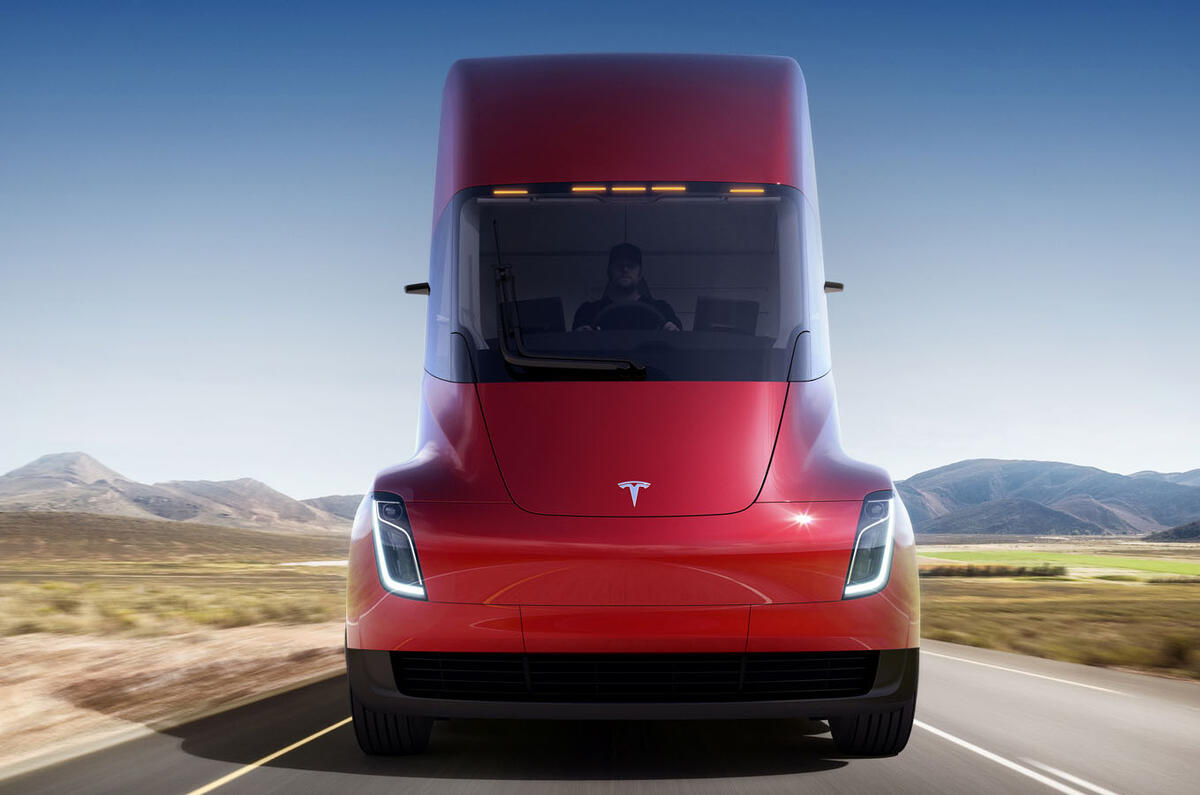
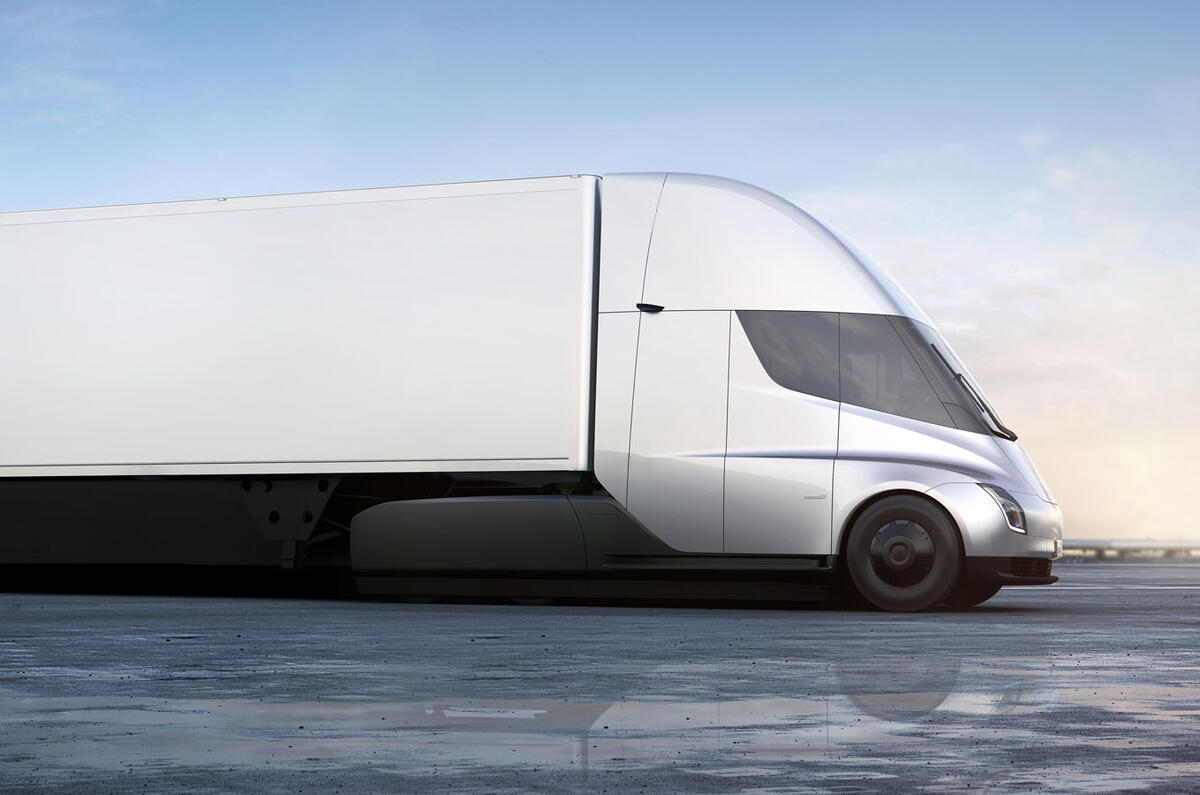

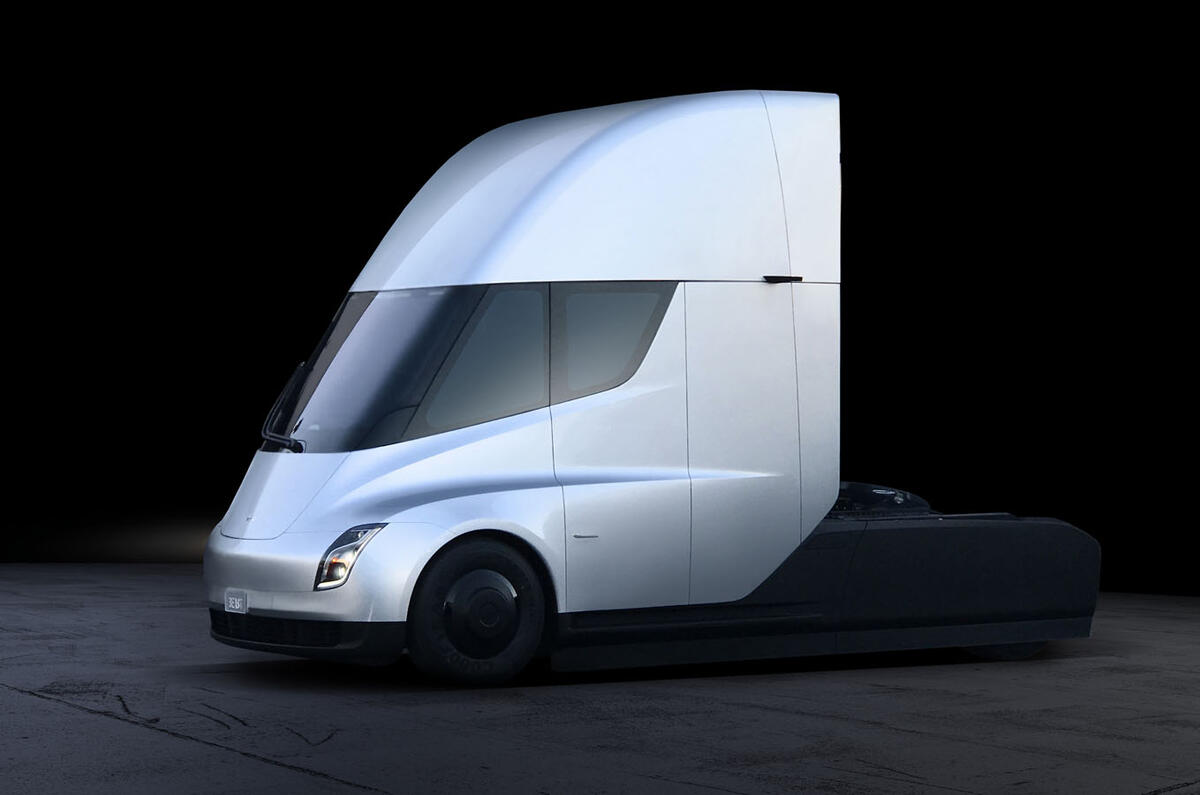












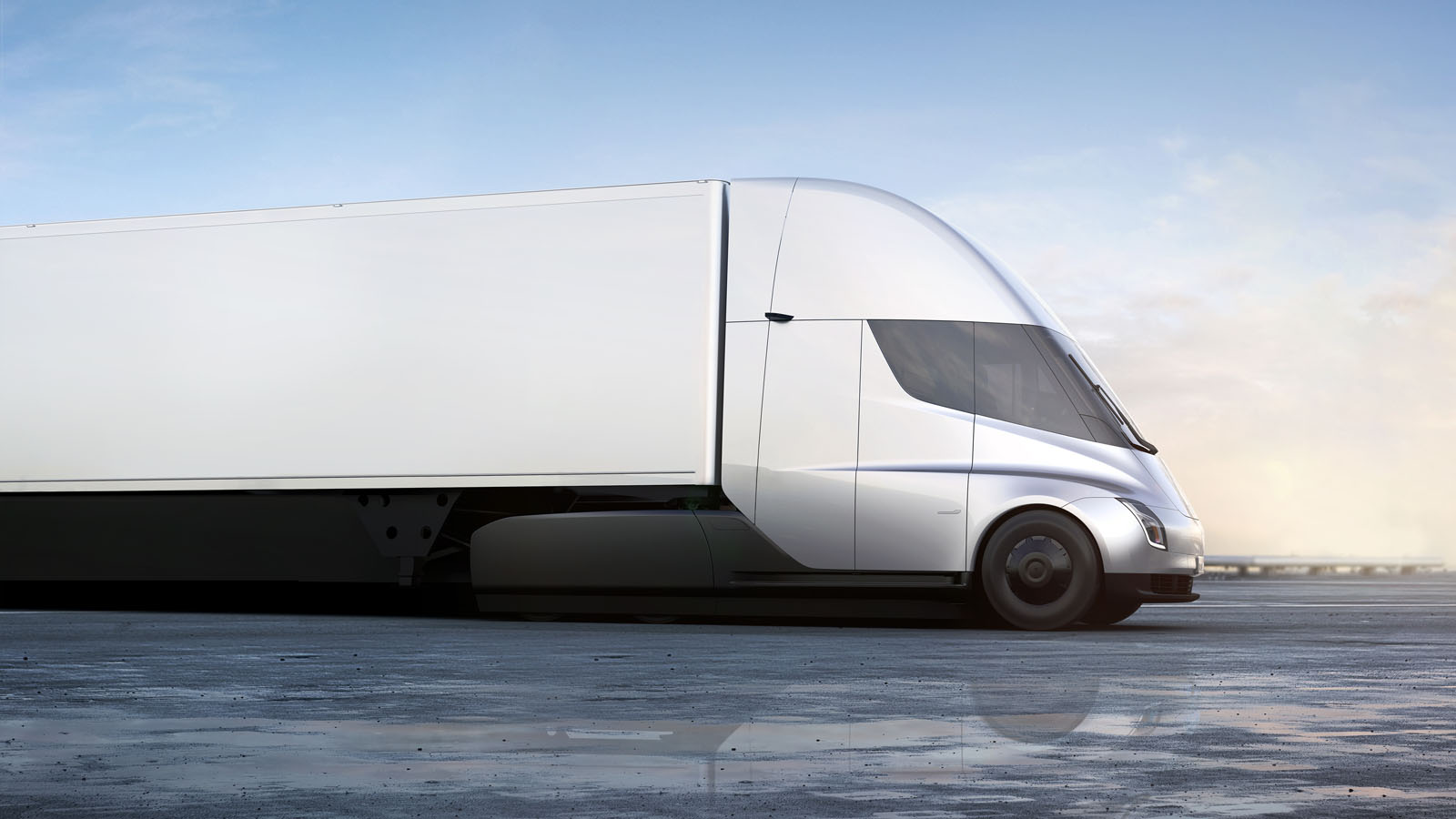
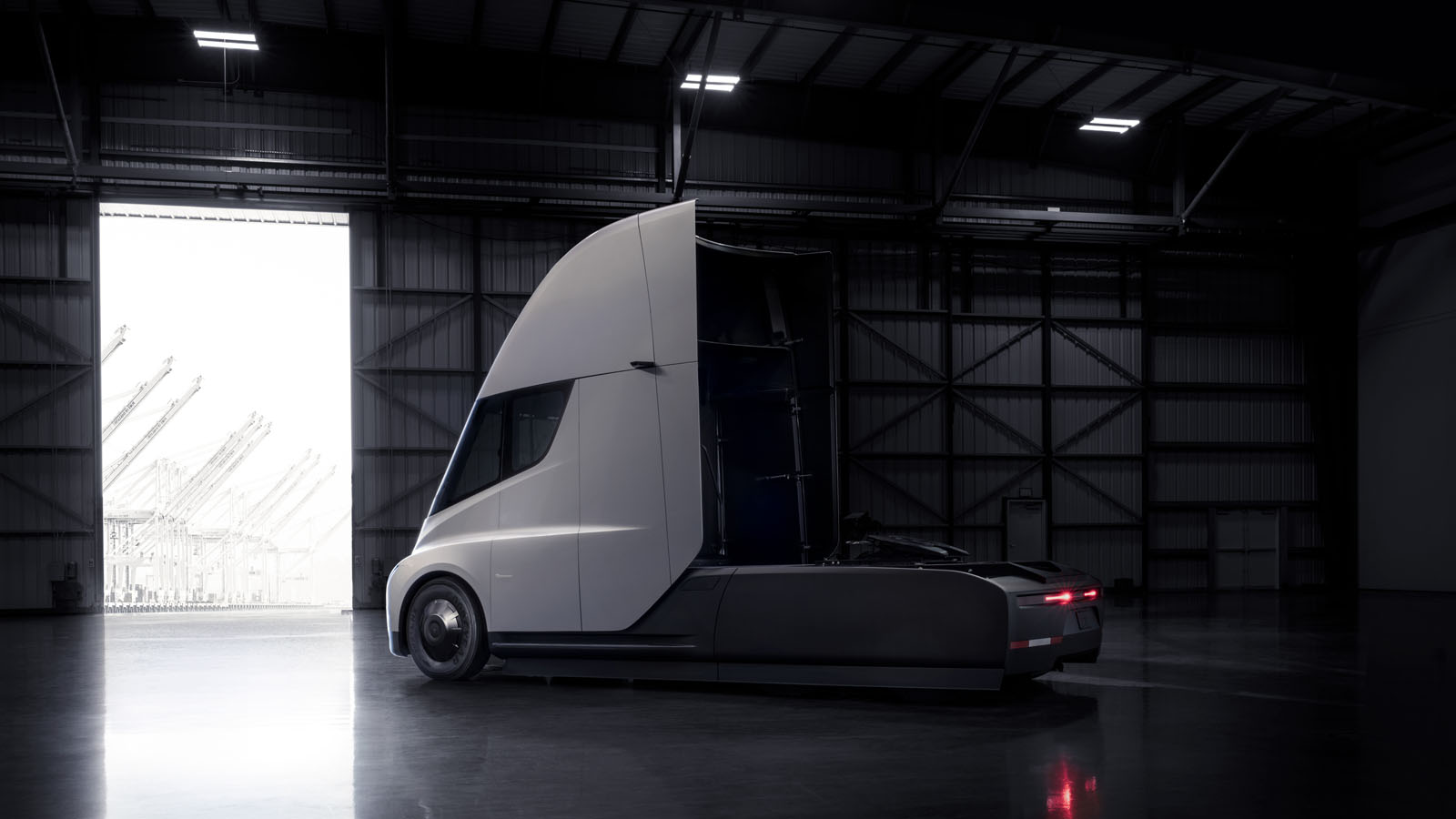






Join the debate
Add your comment
Awesome.
This is pretty cool car. Now all Coles employees can make use of MyColes website to get all the benefits.
Wouldn’t it be more practical
Wouldn’t it be more practical to wire the outside lane of all the major highways in Europe, that’s where trucks drive, they then have an electric battery for the short period of time they aren’t under the wire, then back under the wire again for the next part of the journey, this also charges the battery.
Seni